This article originally appeared in the Boston Globe.
Last September, Governor Ron DeSantis of Florida flew over 50 Venezuelan migrants to Martha’s Vineyard, almost all of whom could not communicate in English. High school students and the cast of a local play featuring Spanish-speaking Latino actors offered themselves as interpreters. The migrants were later moved to Joint Base Cape Cod where members of a local church interpreted for the migrants.
Using untrained language speakers as interpreters is not standard of care but was a well-intended short-term solution in a time of need. Trained interpreters improve communication and decrease errors between people with limited English proficiency and providers in fields as diverse as government, law, and education.
This need for interpreters will continue to increase across the country especially since Florida’s Republican lawmakers approved $10 million in February to move migrants to other states. There’s a bill before the Massachusetts Legislature that can help to address this urgent need for interpreters at public-facing state agencies before more limited resources are strained.
The need for interpreters is most critical in medical settings. As a primary care physician in a health care center where over 25 percent of our patients do not speak English or speak limited English, my ability to provide safe and effective care often depends on interpreters.
Under Title VI of the Civil Rights Act of 1964, federally funded programs need to take “reasonable steps to ensure meaningful access” to patients with limited English proficiency. More than 20 years ago, President Bill Clinton signed an executive order that requires federal agencies to develop systems to ensure LEP persons have meaningful access to federal programs.
The Affordable Care Act also calls for language assistance services for LEP patients, but since the law doesn’t obligate states to pay for interpreter services and doesn’t provide financial support to health care providers, that goal goes unmet.
Language access is a human right that is easy to violate without consequence because mandating interpreter services without funding them is an empty promise.
All states have passed laws addressing language access, but only six states have passed or attempted to pass comprehensive legislation and designated funding for language access.
For example, California’s Dymally-Alatorre Bilingual Services Act was designed to eliminate language barriers that prevent citizens from accessing public services, but funding continues to be a limiting factor in implementing the law fully.
A bill was recently reintroduced in the Massachusetts Legislature, An Act Relative to Language Access and Inclusion, that would require state agencies to provide language services for LEP individuals.
The stakes are highest in health care. A survey of the American Hospital Association published in 2020 showed that out of 2,260 respondents, only about 56 percent of US hospitals — and about 84 percent of hospitals in Massachusetts — offer linguistic or translation services. Less than 30 percent of outpatient providers report using interpreters regularly with LEP patients.
The majority of Americans — over 66 percent — have private insurance coverage, and private insurers rarely cover interpreters. Americans who are on Medicaid don’t fare much better: As of 2017, only 14 states and the District of Columbia provided reimbursement for medical interpreter services. Hospitals, providers, and the Children’s Health Insurance Program usually have to account for the cost of interpreter services in their negotiated rates if they cover them at all.
Interpreters are necessary for health equity. For instance, a 2016 review showed that interpreters improved goals of care and end-of-life discussions. A 2017 study in the Journal of General Internal Medicine showed that interpreters can significantly improve the process of obtaining informed consent before procedures. A 2020 article showed using professional interpreters significantly improved the care of migrant and refugee children.
Interpreters do cost money and require training, and using an interpreter does make a visit 50 percent to 85 percent longer. However, the alternative of using a family member as an interpreter has been discouraged since family members may summarize or change the patient’s story with their own understanding of events, may not want to disclose difficult diagnoses, or may find it challenging to interpret medical terminology. Patients also may not want family members to know personal details about their health.
There are ways to recoup interpreter costs, and it’s worth it to make patients safer. Having interpreters helps decrease medical errors and improve communication between medical staff and patients. In one study, up to 2.5 percent of malpractice cases involved failure to provide appropriate language services, and the 35 cases analyzed cost over $5 million. Providing interpreter services can prevent similar suits. New Hampshire, a state that already requires interpreters, has expanded the right to language translation services during telehealth visits because it’s good policy.
According to the US Census, 22 percent of the US population speaks a language other than English at home. All deserve equal access to services and health care. Congress and all states must get on board and start promoting language access for all.
Dr. Vidya Raju is a primary care physician at Massachusetts General Hospital and an instructor in medicine at Harvard Medical School.








